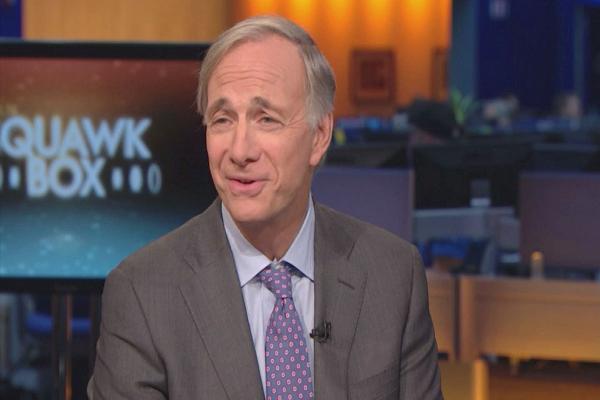Fake or distorted news is an “epidemic” affecting the news media, Bridgewater Associates Chairman and Chief Investment Officer Ray Dalio said Tuesday following a report that was critical of his firm.
While fake news is being recognized as a problem, there are no talks on how to fix problems of trustworthiness with the mainstream media, the hedge fund executive asserted in a LinkedIn post. More importantly, the issue is not limited to smaller news outlets but includes papers of record, he added.
“The failure to rectify this problem is due to there not being any systemic checks on the news media’s quality,” he said. “The news media is unique in being the only industry that operates without quality controls or checks on its power. It has so much unchecked power that even the most powerful people and companies are afraid to speak out against it for fear of recrimination. In fact, I presume that I will be widely attacked in the media for what I am saying here.”
Dalio didn’t take all journalists to task but instead cited negative trends in the industry overall. In pointing out the inadequacies he perceives in the media, Dalio cited two reports delivered by those same media.
He mentioned an Associated Press report on declining American trust in the media, as well as comments from The Washington Post’s executive editor on the fake news problem. Dalio said that misinformation prevents the public from comprehending the truth, “which will threaten our society’s well-being.”
He specifically called out The Wall Street Journal and The New York Times as outlets where “sensationalism and commercialism have superseded accuracy and journalistic integrity as primary objectives.” Media organizations need to find ways to regulate the quality of their content, similar to the way the Motion Picture Association of America rates its movies, he said.
The LinkedIn post was in part a response to a December 2016 Wall Street Journal article that claimed the Bridgewater executive was working on a “secret project” that would automate management at the firm. The article was critical of the company’s work culture.
Bridgewater refuted many of the assertions in the Wall Street Journal article, explained its decision-making, and presented its own sources to back up its reasoning, Dalio claimed in his post. The reporters did not reach out to the people it suggested and went ahead with publishing “distorted” facts about the company, he said.
“The Wall Street Journal stands by its strong reporting about Bridgewater Associates,” said Steve Severinghaus, director of communications at Dow Jones. “We have reviewed the efforts undertaken for this article and are confident that the same high journalistic standards that have served the publication and its readers well for more than 125 years were fully applied in this instance.”
The Wall Street Journal article was not the first time the hedge fund has been criticized for the way it treats employees. The New York Times published an expose in July 2016, pointing out an employee’s complaint with the Connecticut Commission on Human Rights and Opportunities, seven former employees’ allegations and a filing with the National Labor Relations Board.
Bridgewater responded to the Times story at the time by calling it a “distortion of reality,” adding that the company allows its workers to speak up when there are issues.
source”cnbc”




